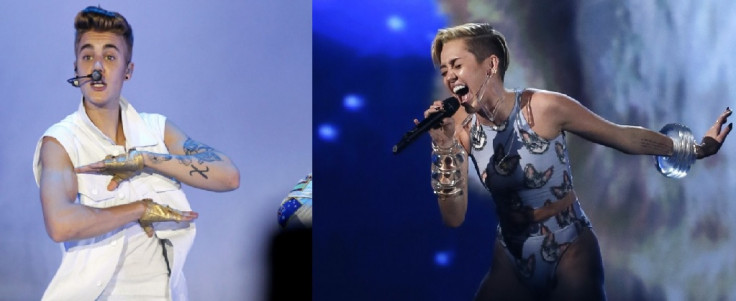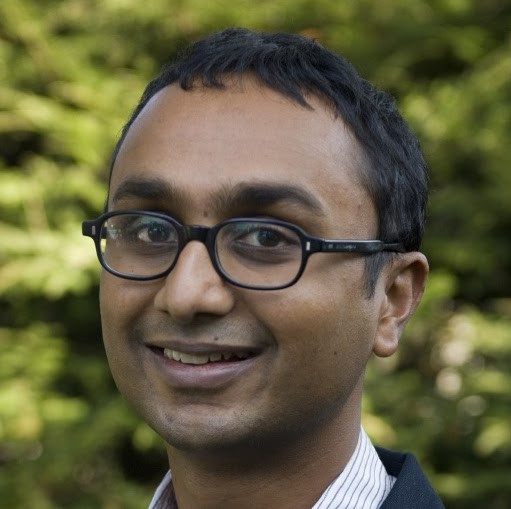Why Did Twitter Users Say Justin Bieber, Miley Cyrus and Will Smith were Dead?

What do Justin Bieber, Miley Cyrus and Will Smith have in common?
They are all dead. Killed by Twitter. Death by a thousand tweets.
Of course, none of them are actually dead but that has not stopped these celebrities, and a red carpet full of others, from having to disprove rumours spread on Twitter they have died.
The social media site, which prides itself on free speech, has become a breeding ground for hoaxes including, but by no means limited to, the deaths of famous people.
This was brought to the fore when two days before actor Phillip Seymour Hoffman died of an overdose, thousands of tweeters had already claimed the 46-year-old Oscar winner was dead.
Twitter also macabrely prophesied the death of Fast & the Furious star Paul Walker, who died in a car crash in November.
But where do these hoaxes emanate from and can anything, or should anything, be done to stop them?

Sociology lecturer Dhiraj Murthy, author of "Twitter: Social Communication in the Twitter Age", believes the recent spate of hoaxes is down to a number of reasons including that youngsters like to follow the trend.
He said: "Some parts of Twitter are very dark and horrible and attractive to people who want to spread hoaxes.
"I think hoaxing is quite similar to trolling. There are a lot of people who are trying to gain control," he said.
"But what these hoaxers who have been spreading misinformation are not trying to do is attack corporations. This is different. It is still about control and power but they are running a hoax and misinformation on everyday people.
"Some users are interested in metrics. They want to see how many times their tweet is retweeted or replied to. I have seen networks of people work together to spread a particular hoax or piece of misinformation. It can be groups of people doing it to see how many retweets they get.
"Then there is almost a strength in numbers assumption and hundreds or thousands of retweets add to the credibility of a claim.
"But it is also worth pointing out that malice, trying to actually upset people, can be a motivation. My book looks at tweets about cancer and other terminal illnesses and explains how people sometimes spread misinformation just because they are interested in doing it.
"But on the other hand, what is quite interesting is that people are also spreading misinformation not out of malice, but because they thought what they were tweeting was correct and not wrong."

Original sources of false stories are difficult to track down but Murthy says the proliferation of smart phones means anyone can now access mis-information.
But media savvy users, he says, will look to corroborate "news" found on Twitter with established sources.
"Regardless of their social background, people have access to smart phones and I suspect that is a reason why we have seen more hoaxes recently," Murthy added.
"Who I would call vulnerable people have smart phones and that is why the hoaxes spread quickly.
"But if Will Smith had apparently died, people with greater social capital would Google it to check, not press retweet."

Where does Twitter go from here? Should the newly-publically listed company take more responsibility for what users publish on it?
Murthy said even though the lifespan of most hoaxes is short lived, either because a PR corrects the information or it is neutralised by Twitter users, the media behemoth is taking action.
"The thing is with Twitter is that stuff moves so quickly but the effects can be nullified organically. For example, if someone Tweeted saying drinking coke will kill you, there would be enough information on Twitter to organically sort that out and make it disappear.
"One of the points I have been trying to argue is that we need to get experts on Twitter correcting the misinformation.
"It's like the Dalai Lama account that was created. It was a fake but people believed it was the real man. I think there is a moral problem with that but it's difficult to police.
"But there are filters, like for racism, that alert the Twitter police."
© Copyright IBTimes 2025. All rights reserved.






















